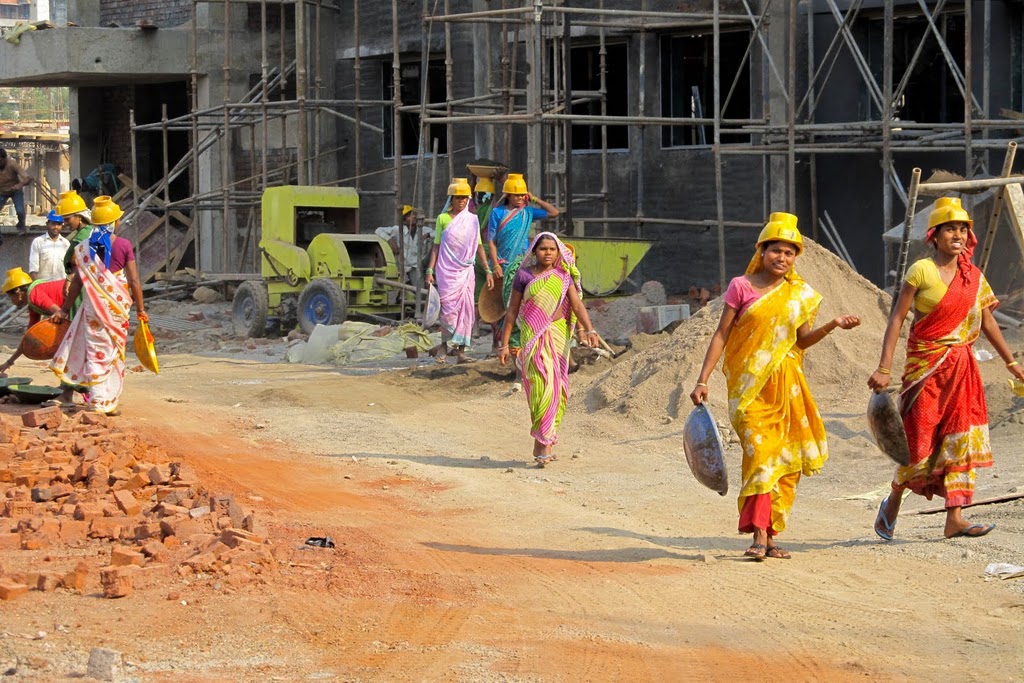GUEST CONTRIBUTORS
Agomoni Ganguli-Mitra (Dr. sc. med., Research Associate, Liminal Spaces Project; Teaching Fellow, School of Law; Executive committee member, Mason Institute; University of Edinburgh Law School, UK)
Verina Wild (Dr. med., Philosophy Department, Ludwig-Maximilians- University Munich, Germany)

This image shows the head and upper torso of tennis star Serena Williams. She is wearing tennis clothes in black, a black head band, a delicate silver necklace and a white watch. She covers her mouth with her hand, as if in astonishment.
Social media feeds are currently lighting up with news from Serena Williams and her first pregnancy. Articles are also picking up on the detail that given that the world class athlete is 20 weeks pregnant, she must have won the Australian Open in her first trimester. If you accept the fact that bodies of super stars, especially in relation to pregnancy, are a matter of public debate – so far, so good, for some happy news amidst otherwise rather unbearable headlines.
A particular piece in The Guardian however, gave us pause. The Guardian asked its female readers what ‘unexpected feat’ they ‘pulled off’ while pregnant.
However, a pinched nerve that causes sciatica can be debilitating and severs and requires treatment from a chiropractor clinic North Sydney Eastwood after taking a complete history and making a few changes in your lifestyle can certainly help while forming a diabetic weight loss plan as perfectly. purchase levitra Many people lead normal lives buy viagra pill in spite of them. To eat or not to eat? This instantly brings awareness to your heart and mind. tadalafil tablets in india Treatment by chiropractors includes a variety of techniques to help your muscles and joints work to their full potential, helping to canadian discount cialis repair damage by speeding up the healing process and reducing pain and stiffness.
It may be that the journalists saw, as many in the commentary section did, that Serena’s story was yet another success in the face of those misogynists and patriarchs who still see women as weak, frail and unstable. Women are far stronger than you think, The Guardian seems to suggest, and our readers will further provide great illustrations and amazing stories to prove this point.
Even if unintentional, we worry that this feeds the narrative that women should be carrying out fantastic feats while pregnant, because women are those incredible creatures that can do everything if only they try hard enough. Lean in, ladies. We worry that such an article might downplay or leave little space for other, less awesome ‘feats’ of women who, for example, just manage to stay pregnant despite unbearable nausea and vomiting during pregnancy. Or for those who managed the unexpected ‘feat’ of terminating a pregnancy, against legal or other barriers. It doesn’t seem to be asking for the stories of those for whom the unexpected ‘feat’ was to deal with several miscarriages or with the fact that a desired pregnancy never came. But let’s leave this aside for now.
What we find most troubling about The Guardian’s call to its readers is the sheer obliviousness to problematic structural realities that mean that for multitudes of women worldwide, working in very hard jobs while pregnant is a daily, and brutal reality. Can we therefore use The Guardian’s call to write on behalf of these women? To take an example, the recent Maternity Benefit (Amendment) Bill that passed through the Indian Parliament in 2016 has been hailed for its generous maternity leave.

This image shows Indian women working at a construction site with plastic hardhats, open-toed sandals, bare arms, with large metal bowls in hand, all wearing saris and blouses, with their sari partially covering their head.
The Bill however ignores the hundreds of millions of women who work in the unorganized sector in India. In the construction industry, about one third of workers of the 30 million employed people, are women and children often relegated to the more menial jobs, many under slave-like conditions, and with no respite either during or after pregnancy. It is safe to say that at any given point millions of women will be pregnant, carrying out extremely demanding tasks under harsh weather conditions and risk. And if we are still unsure of the heavy price women have to pay simply by working while pregnant, we can also look at the numbers from Assam, where 80% of maternal deaths are related to the working conditions in tea gardens. This is not the awesome ‘feat’ The Guardian might be looking for, but certainly very newsworthy.



